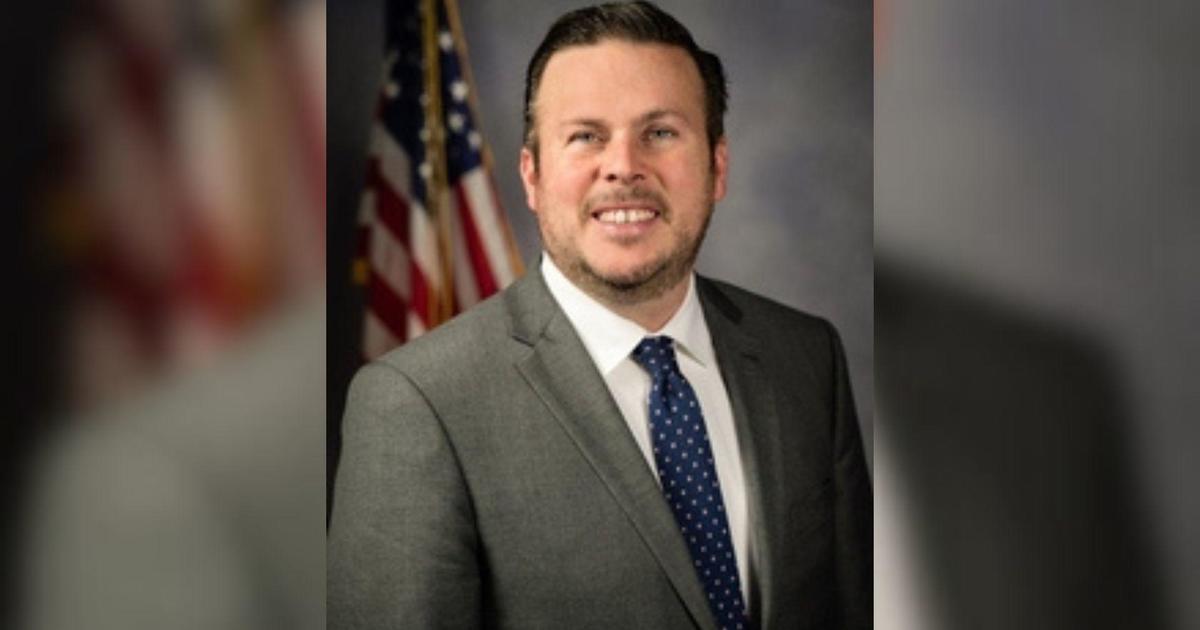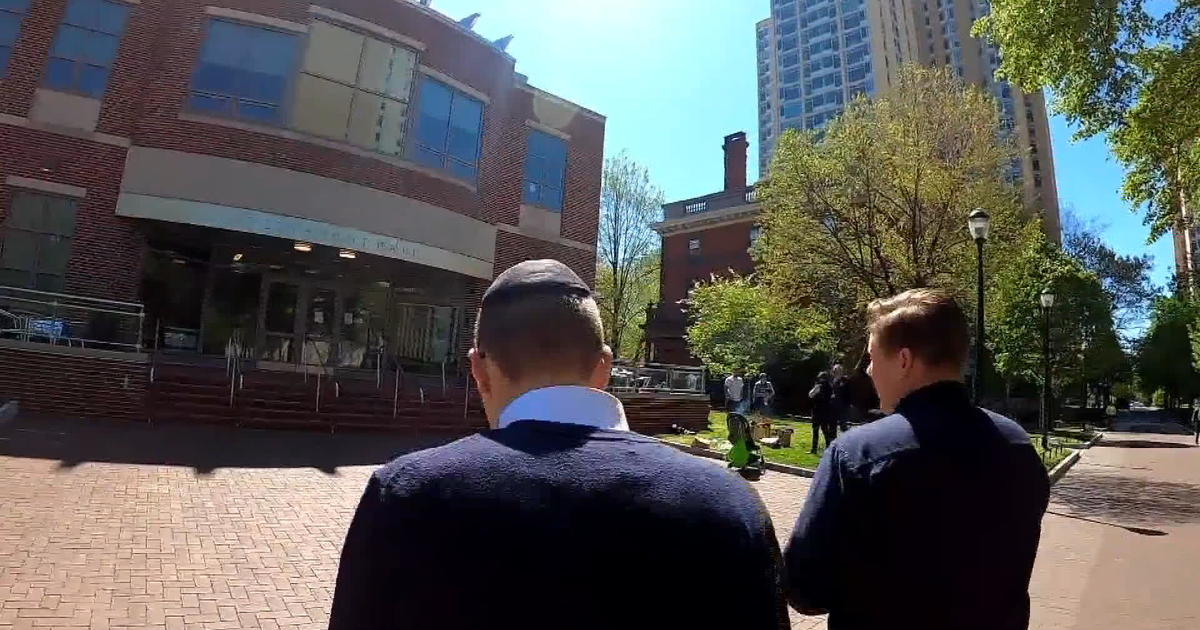Not Everyone In Camden Sees Christie As City's Savior
CAMDEN, N.J. (AP) — Gov. Chris Christie emphasized how the state government has helped turn around Camden during his State of the State speech last week and he's likely to tell the story more if he launches a presidential campaign.
But in Camden, a city that ranks among the most impoverished in the country, not everyone agrees with his version of the story.
"It's all smoke and mirrors, man," Kelly Francis, the president of the Camden County branch of the NAACP, said of Christie's description of the city. He says that Christie hasn't fixed the problems, and that he has contributed to some of them.
The governor asserted that when he took office five years ago, the city — long among the most impoverished in the country — had a corrupt and inefficient government, a failing school system and was riddled with crime and devoid of hope.
Christie has returned to the city repeatedly. Under his watch, there have been major changes to schools, policing and efforts to attract businesses.
The state took over the city school district in 2013 and installed a new superintendent. It's too soon to fully assess the results, but graduation rates have edged up.
Also in 2013, the Camden County government formed a new police force that replaced the disbanded city force. Since then, violent crime has declined, though critics note that it was declining from soaring crime rates that followed deep police layoffs in 2011. Those layoffs came as police unions refused to accept concessions and the state would not increase aid to the city.
The state has also been using tax credits to persuade big businesses to move to the city, promising thousands of jobs. More than $600 million has been pledged so far to firms including the Philadelphia 76ers, who are clearing land to build a new office and practice facility; Subaru, the fast-growing carmaker that it moving its headquarters from nearby Cherry Hill; and Holtec International, a nuclear plant components maker that is planning to bring engineering and manufacturing operations to Camden.
But at Corrine's Place, a renowned soul food restaurant decorated already with heart-shaped balloons for Valentine's Day, mention how Christie is helping the city and owner Corrine Bradley-Powers rolls her eyes. "It's moving forward for the people that have money," she said. "They're coming here and getting all the benefits ... that we don't get."
She said for 25 years she has been hiring Camden residents who might be considered unemployable elsewhere because of criminal convictions, but only once has she received a grant. The recent award was from a neighborhood business improvement group and paid to jazz up her shop's facade, with its pink awning.
Still, she said, she does appreciate that the new police force has sent scattering a group of drug dealers who used to operate not far from her restaurant.
Mary Cortes, a longtime activist in the city and the president of the Cramer Hill Residents Association, is skeptical of the benefit of the businesses being lured with tax breaks.
"The workers are going to take the money with them and the businesses have a tax break," she said. "So what's the use? We're back at zero."
Gwendolyn Faison, who was mayor from 2000 through 2009, objects to the notion that her administration was corrupt. She took office after the previous mayor, Milton Milan, was convicted of corruption.
Faison campaigned as an anti-corruption candidate, and scandal did not hit the upper reaches of her administration. The only Camden elected official convicted of corruption during her time in office was a councilman who was often critical of her. There was also an evidence-planting scandal in the police department during her time in office.
Spokesmen for Christie did not respond to an email requesting clarification on what part of the city government was corrupt when Christie became governor.
A 2002 deal in which the state put $175 million into the city to upgrade infrastructure and expand hospitals, colleges and other institutions but took over many aspects of the city government left Faison without much power.
"I have a problem with him saying we were hopeless and we were corrupt," said Faison, now 89 and living in a retirement community in suburban Cherry Hill. "With the city under state control, you can't blame it on me."
To the NAACP's Kelly, the changes have come at a steep cost, with the schools and business development overseen by the state and the police run by the county government.
"We actually have less democracy today than during the state takeover," he said.
(© Copyright 2015 The Associated Press. All Rights Reserved. This material may not be published, broadcast, rewritten or redistributed.)
You may also be interested in these stories:



